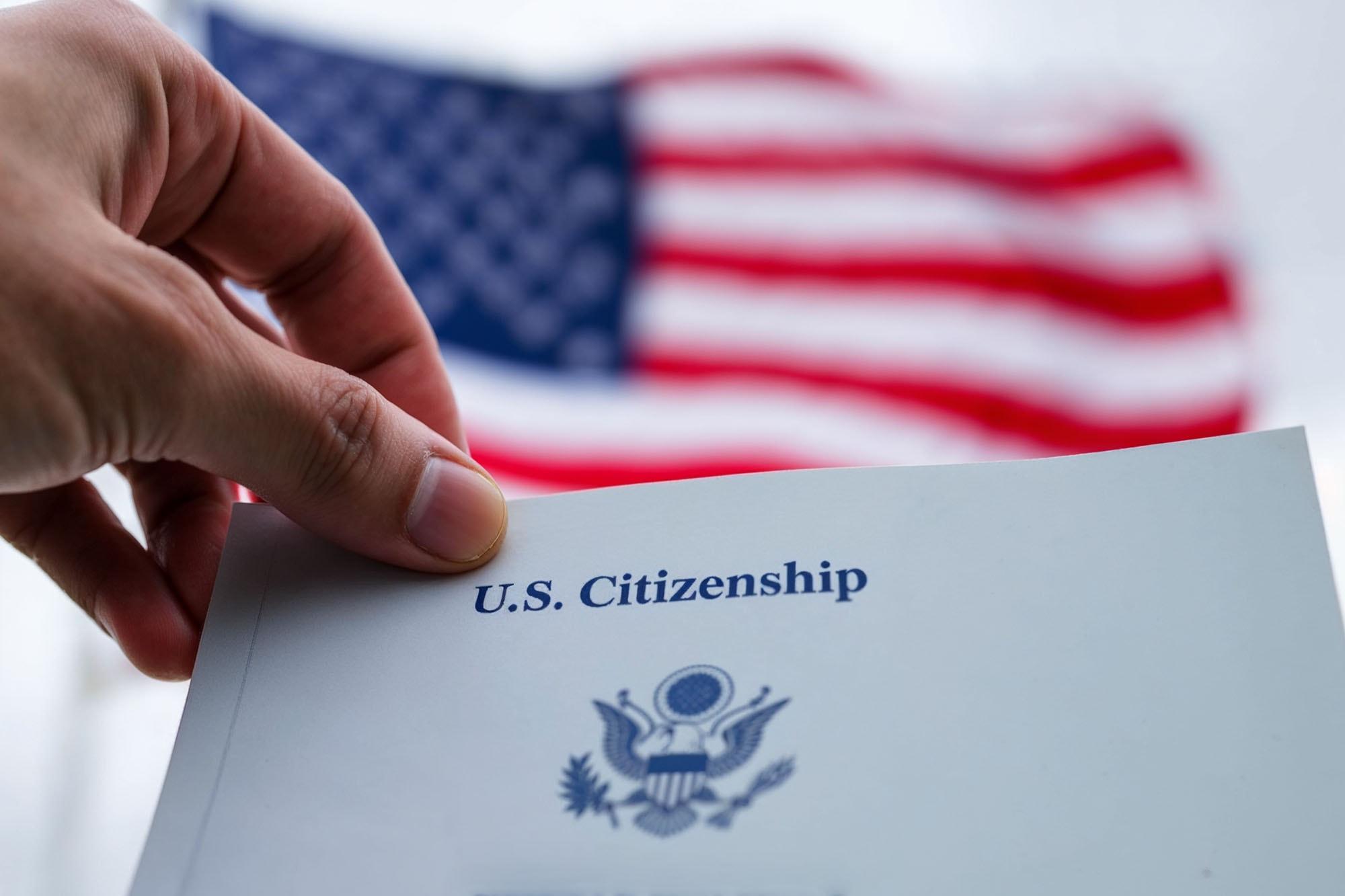A recent wave of federal court decisions has saved Temporary Protected Status (TPS) for more than a million immigrants, jeopardizing their right to work and remain in the United States at risk. If you or someone you know is a TPS holder from Venezuela, Haiti, Honduras, Nepal, or Nicaragua, there have been significant changes with respect to TPS: here is what you need to know—and what you should do now to protect your status.
Understanding TPS: Lifeline for At-Risk Immigrants
Temporary Protected Status (TPS) is a humanitarian program established in 1990 to provide humanitarian relief to people in the United States whose home countries were too dangerous for return due to conflict, or had experienced a disaster or extraordinary conditions. TPS allows qualified individuals to live and work in the United States without fear of deportation. It is a Nation-specific program. A country’s designation and extension vary. Venezuela, Haiti, Honduras, Nepal, and Nicaragua have been afforded TPS status and have recently seen a sea change in the designation. Recent decisions from the Federal Courts will impact individuals from these countries who are in TPS Status.
For many families, TPS is more than a legal status—it is the difference between security and instability, between hope and fear. Some recipients have built lives in the U.S. for decades, started families, and become pillars of their communities.
Court Rulings: What Changed for TPS Holders?
Background: TPS During the Trump Administration
Previously, during the last Trump Administration, it sought to end many TPS designations. Those were thereafter set aside when Biden became President. Since the commencement of the Trump Administration in 2025, it has again moved quickly to terminate TPS for multiple countries, impacting countless citizens of these countries. These decisions sparked widespread fear, legal challenges, and uncertainty for hundreds of thousands of individuals who had been in this status.
Many of those TPS designation terminations have been challenged in court on the following basis:
- The administration failed to follow proper procedures under the Administrative Procedure Act (APA);
- Claims of racially motivated decision-making;
- Disruption to families, businesses, and communities that rely on TPS recipients.
Restoring Protections: 2025 Federal Court Rulings
- Venezuela & Haiti
In September 2025, a federal judge ruled that the TPS terminations for Venezuela and Haiti were unlawful. At this time, TPS for Venezuelan beneficiaries under the 2023 designation has been extended through October 2, 2026, pending litigation. TPS designation for Haitian nationals was extended by a Federal District Court Judge who ruled that the designation could end no earlier than February 3, 2026. - Honduras, Nepal & Nicaragua
A separate, nationwide class action certified by another federal judge ensured TPS holders from these countries would not lose their protections while litigation is pending. The court recognized that ending TPS would inflict grave and lasting harm. These designations have ended at the end of August or in early September 2025.
What Should TPS Holders Do Now?
- Monitor USCIS Updates: Check the official website frequently for re-registration deadlines and instructions.
- Re-Register on Time: File all paperwork before deadlines if required to do so. Late applications put you at risk, but there are exceptions for good cause—seek legal counsel if you are unsure.
- Renew Work Authorization: Submit your work permit renewal application as soon as you’re eligible if EADs are not automatically extended. Delays can result in job loss or economic hardship.
- Document Your Residence: Keep records of your time in the U.S., addresses, and major life events (marriage, children, education).
- Consult an Immigration Attorney: Specialized legal guidance is especially important if you have had criminal issues, missed deadlines, or have complicated family circumstances.
What If You Missed a Deadline or Had TPS Denied?
If you missed your registration window or had your status denied, act now:
- Class action coverage may include you if you still live in the U.S.
- There may be options to file late or appeal a denial for good cause.
- Speak to a legal expert—your eligibility might depend on very specific facts.
- Speak to counsel to explore other options to remain in the United States.
Common Questions for TPS Holders
Q: How long will these protections last?
A: Protections are in effect while court orders remain active. However, federal appeals or new government actions could change eligibility—keep up with trusted legal sources.
Q: Will these rulings apply to new arrivals?
A: No, TPS is typically only open to individuals already present in the U.S. as of a specific date defined by each designation.
Q: Can TPS lead to a Green Card?
A: Not on its own, but it may support certain family- or employment-based petitions. There are complex factors, especially for those who entered without inspection.
Q: What if I have a criminal record?
A: Convictions can affect eligibility. It is critical to speak with an attorney about your situation and whether you still qualify for TPS or need to find another form of relief.
Long-Term Outlook: What’s Next for TPS and Immigrant Advocacy?
While recent rulings provide relief, the future of TPS is still contested. Appeals and new policy decisions could impact your rights. Now more than ever, it is vital to:
- Maintain your eligibility
- Renew all documentation on time
- Stay informed through reputable immigration attorneys and organizations
Oltarsh & Associates is committed to defending TPS holders through every legal development. We participate in ongoing litigation, advocate for permanent residency solutions, and provide one-on-one guidance to families navigating these complex changes.
Take Action Now—Safeguard Your Future
Do not take your TPS for granted. Actively protect your status, help family and community members stay informed, and seek legal aid when in doubt. The law can and does change—but your preparation is your strongest defense. For legal guidance, urgent questions, or to schedule your free case evaluation, contact Oltarsh & Associates today.





